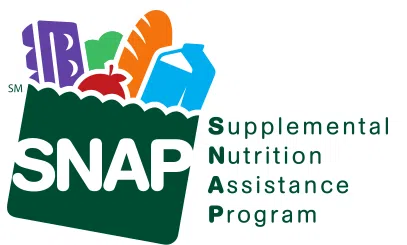KNOXVILLE, Tenn. (Story courtesy of WVLT) – For families who rely on government assistance to get food on the table, there could be uncertainty ahead. Federal funding cuts to the Supplemental Nutrition Assistance Program will cost the state millions to keep serving the same number of Tennesseans who rely on it now.
A new budget recommendation report from the Tennessee Commission on Children & Youth is outlining two major changes in federal funding for SNAP. The state is looking at more than $165 million a year to keep the program funded at the same level.
The data only includes children and youth beneficiaries, which accounts for less than half of SNAP users statewide. Kylie Graves, the director of data, policy and communications for TCCY, says the number will be even higher when you look at all SNAP beneficiaries.
“This is a new obligation we’ve never had as a state before,” Graves said.
The change is up from 50%, which will cost the state about $35 million more. That figure is based on the new obligation and what was needed in the 2024 fiscal year.
The biggest cost difference will come from a change in 2028. That’s when states could have to pay up to 15% of the SNAP benefits they receive based on error rates. That’s determined by the overpayment and underpayment of benefits distributed.
Last year, Tennessee had a 10% error rate. It cost the state zero dollars. Under the new obligations, it would’ve cost more than $70 million dollars. The lower the error rate is, the less the state will have to pay.
“We need to make sure that the errors are not at the administrative level,” said State Senator Becky Massey.
It will be up to state lawmakers, like Massey, to find the money in the budget to maintain the same level of service through the program. Massey said the budget recommendations from TCCY are just the first step in a long process. It will go through several other steps until the legislature votes on a final budget next spring.
This all comes as Second Harvest Food Bank says they’ve seen a 20% increase in demand for food over the last two years. Executive Director Elaine Streno says they’re anticipating more need as the SNAP changes rollout.
“The changes are going to be critical to those who need SNAP,” Streno said. “It’s going to make it harder on families, some of them, and again, they’re going to be dependent on Second Harvest for food.”









